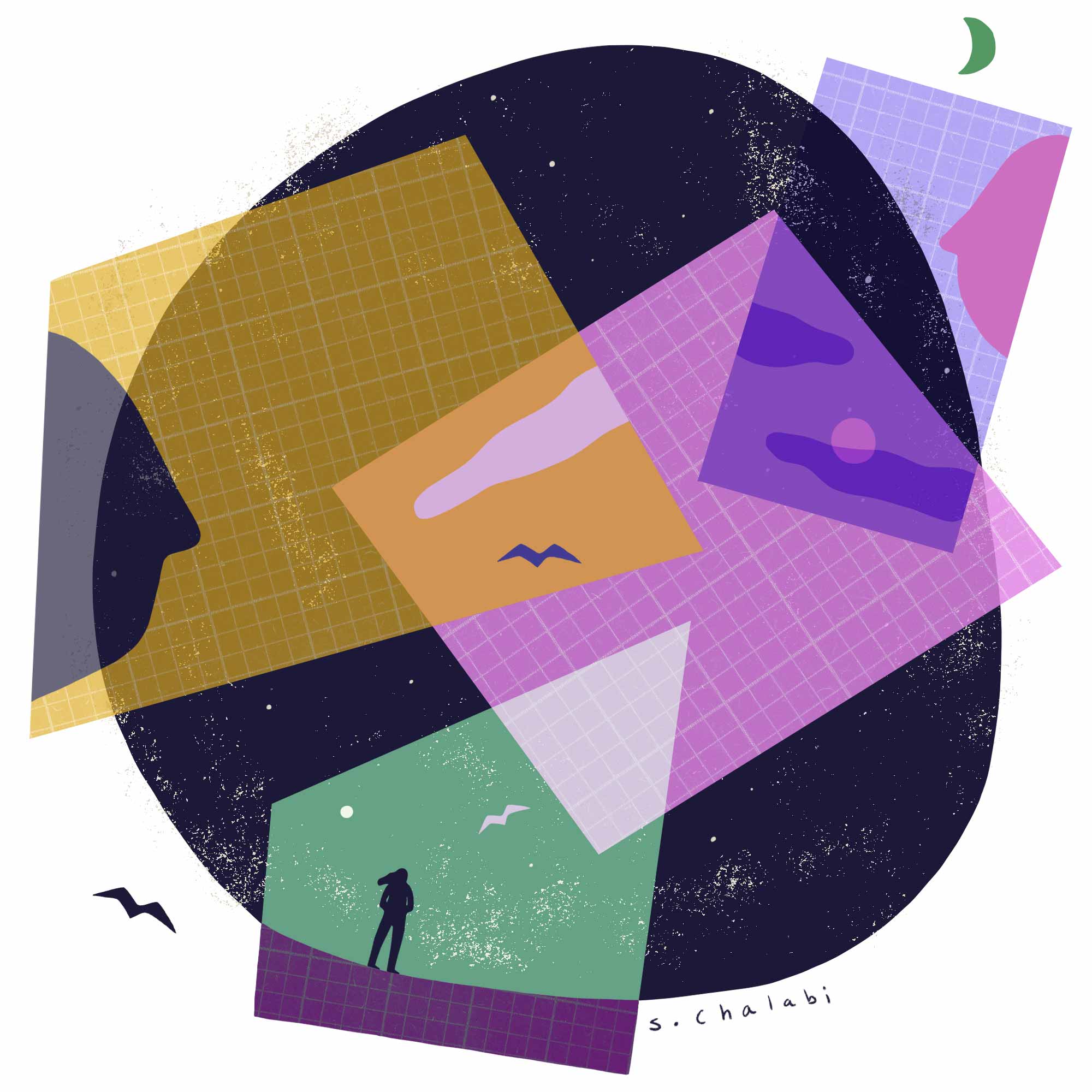Patty Berne on the earth as our starting point as interviewed by Bianca I Laureano
Patty Berne is Co-Founder and Executive and Artistic Director of Sins Invalid, a disability justice-based performance project centralizing disabled artists of color and queer and gender non-conforming artists with disabilities and a Disability Futures Fellow.
Bianca I Laureano is an award-winning educator, curriculum writer, facilitator, and sexologist. She is a Foundress of the Women of Color Sexual Health Network, The LatiNegrxs Project, and ANTE UP! Virtual Freedom Professional Development School for Justice Workers.
“The Earth loves us so much!”
Patty Berne is a disabled [crip] queer Japanese-Haitian American and co-creator of Disability Justice framework and praxis. The focus of our conversational interview was climate chaos, earth, and human bodies. For Patty, innovation means everyone having their needs met, having opportunities to experience joyful work, disrupting, and experiencing discomfort to grow. “For any of us, having a body means constant dynamic change. If we aren’t, we’re in for some unhappy times. Innovation is to end ableism, capitalism, white supremacy, and perhaps most importantly cis-heteropatriarchy. That would be mind-blowing. It would change everyone’s understanding of what it means to be human.”
Patty described vacationing in the Mojave, witnessing hills lying like a brown woman, the land’s curves exposing the delicacy and power of the earth. “The earth can have the most fragile, sweet, sweet piece of green just sprouting—and it might kill you if you eat it. Earth can be unforgiving; there are rules, boundaries that don’t change, it doesn’t matter who you are, if you go out in the Mojave and try to sleep, it will not help you if you’re not prepared.”
When asked about the crip brilliance that the world has yet to recognize or witness, Patty shared three core areas: deep compassion for others based on disabled folx’ experiences of pain; familiarity and intimacy with death; and a better understanding of need vs. preference. “How can we live in a complicated body, be in relation to other people helping us meet complex needs, and ensure all of our needs get met? It sounds simple but it’s work!” Patty believes innovation has a simple outline that can be manifested humanely even if complex, so why is it resisted? “Some people think their needs are more important than other peoples’,” Patty explained.
Then we began to have a more layered conversation about power.
“We need representation at every level in ways that are substantive. Not just numerically but in terms of real power, decision-making power, power to enact change,” Patty said.
I invited Patty to talk about the importance or inclusion of evaluation—how many who are doing justice and equity work often don’t get asked how they are evaluating their impact or reach. Patty said, “Oh, we have metrics!” Those metrics are all around us, Patty shared. “The metrics for understanding or evaluating inclusion of disabled BIPOC queer/trans/nonbinary people are clear. Are we treated with respect for our self-determination? How do we live as a constituency? What language is used by non-community members to reference us? How are our lives understood or not? Are our community members in an organization’s leadership, and how are we represented in any organization that works specifically on our material conditions?” Those are the metrics and evaluation components: check what is around you, who is there, who is not, ask why.
“When we are in movement, people do have to be patient and forgiving because we can recognize that we are human, not robots,” Patty said.
Using the earth as a starting point to examine how humans experience harm and cause harm, Patty shared that “thinking about and actively practicing forgiveness is incredibly important.” She believes we learn by doing, that we will all make minor harms and thus must do the work to repair: “It’s in how we repair those harms that we grow.” When I asked her how and where forgiving yourself fits in, she shared, “Oh, that’s beautiful. Ideally it starts with that. Life is not about a pursuit of perfection, it’s about experience. Meaning is made by connection and love.”

This essay is part of CREATIVE FUTURES, a series of provocations by thinkers across the arts, documentary, and journalism on how to reimagine their sectors.